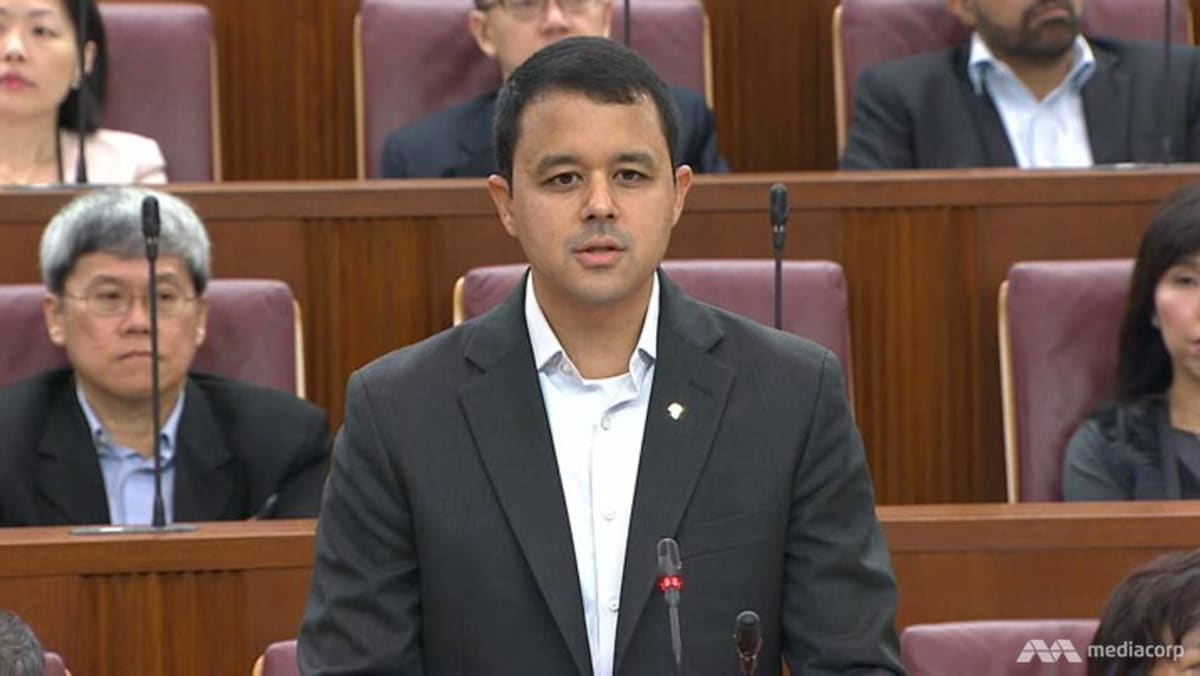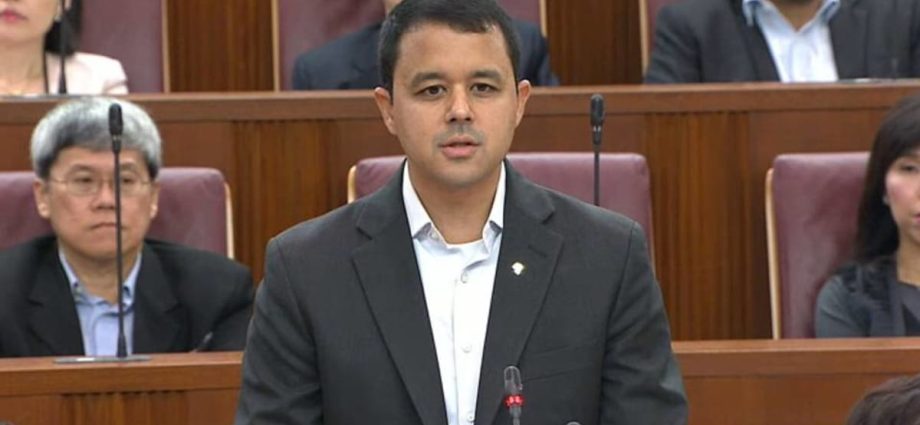
THE CASE
The case stems from when Mr de Souza was acting in his capacity as a partner of law firm Lee & Lee for Amber Compounding Pharmacy and Amber Laboratories in a High Court suit.
Amber was initially represented by law firm Dodwell & Co and was suing a former employee and her company for allegedly stealing trade secrets.
The Dodwell & Co lawyers were granted search orders to obtain documents and information from the defendants, with the express undertaking that Amber was not to use any of the information or documents obtained except for the court proceedings in the High Court suit.
A total of 116,298 documents were seized in April 2018 under the search orders, and Amber breached its undertakings by making three reports in 2018 to the Ministry of Manpower, the Corrupt Practices Investigation Bureau and the Singapore Police Force, disclosing 10 documents.
This happened before Mr de Souza and Lee & Lee took over the case. They were approached in November 2018 to act for Amber over the reports made to the authorities.
Internal correspondence at Lee & Lee shows that Mr de Souza and his colleagues knew about the breach and had advised Amber to take immediate steps to remedy it.
However, the disciplinary tribunal found that Mr de Souza did not ensure that his client did not make full disclosure of the breach in a filing of an affidavit.
ARGUMENTS BEFORE THE COURT OF 3 JUDGES
The Court of Three Judges on Monday morning grilled both LawSoc’s Mr Assomull as well as Mr de Souza’s lead counsel, Senior Counsel Tan Chee Meng.
They questioned Mr Assomull on the framing of the one charge Mr de Souza had been found guilty of, as well as on what LawSoc’s precise case was as to Mr de Souza’s intention to suppress evidence.
As for Mr Tan, the court asked him about how the affidavit was drafted. Mr Tan’s case was that the affidavit did disclose the wrongdoing, and that it simply could have been drafted in a clearer manner.
Justice Woo told him candidly: “It’s not as crystal clear as you’re making it out to be … otherwise, we don’t have to be here today.”
Mr Tan said he agreed that the affidavit could have been better drafted, but he asked whether the lack of clarity exhibited an intention to suppress evidence.
Mr Assomull had argued that internal correspondence at Lee & Lee showed that Mr de Souza was aware of the breach, as well as the importance of disclosing it.
To not do so clearly in the affidavit can only mean one thing, that he intended to suppress it, said Mr Assomull.
If the client had refused to agree to certain facts or wordings that a lawyer felt must be included in an affidavit, then the lawyer had to discharge themselves, said Mr Assomull.
“That is the paramount duty that every lawyer owes to the court,” he said. “First the court – then the client. Not the client, then the court.”
He charged that the team of lawyers knew that if the line revealing the breach had been put in, their application “was doomed to fail”.
Mr Tan said that Mr de Souza did discharge himself, in July 2019, after realising that despite his advice, the client had again used the seized documents.
“The immediate steps taken by Mr de Souza in consultation with Mr Tan Tee Jim was to discharge. He could not stand the nonsense of the client in breaching the undertaking,” said Mr Tan.
“That cannot be the conduct of an officer of the court who wanted to suppress evidence,” he added.
The PAP had previously said in response to CNA’s queries that it would determine the course of action necessary after the Court of Three Judges gives its verdict.

